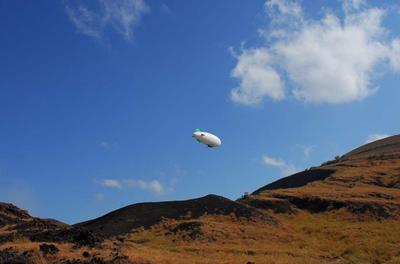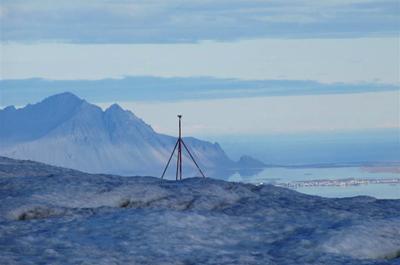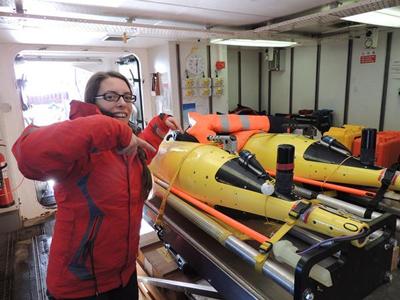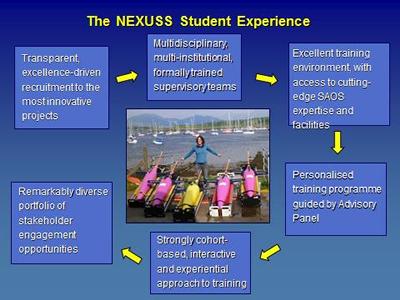£2.5 Million NERC CDT success for the Autonomous Systems University Srategic Research Group
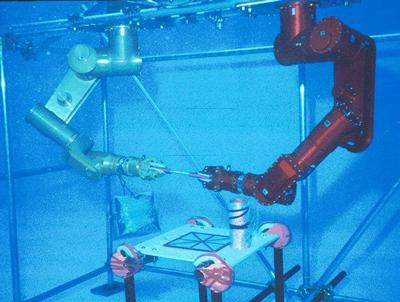
The University's Autonomous Systems USRG has won their NERC bid to fund the Centre for Doctoral Training (CDT) in the use of smart and autonomous observation for the environmental sciences
Grand Challenges
Professor Alberto Naveira-Garabato and his team developed their proposal around a plan to develop, deliver and disseminate the world’s first environmental science doctoral training programme founded around highly engaging, experiential Grand Challenges. Their vision is to train some of the next generation of environmental scientists as a cohort of technology-aware leaders whose expertise in Smart and Autonomous Observation Systems (SAOS) will take forward SAOS approaches in science, industry and government, to the benefit of society.
Safeguarding the future
Such leaders will help the UK to continue to be recognised for its strong international expertise in the field of environmental observation and to maintain its leading place in this key sector. The interdisciplinary strengths of the Autonomous Systems USRG fed into their proposal allowing it to offer a package that covers design, development, manufacture and deployment of autonomous systems to solve challenging environmental questions. Students will also gain transferable skills that can be applied across the environmental sciences.
NEXUSS
They called their proposal, 'Next Generation Unmanned System Science' (NEXUSS) and now that the funding is assured the first intake of students will start in the 2016-2017 academic year. the University's NEXUSS benefits from being part of an established alliance of other leading science and engineering universities and research organisations: The University of East Anglia, Herriot Watt University, The British Antarctic Survey, The National Oceanography Centre and The Scottish Association for Marine Science. All of these undertake world-leading, interdisciplinary science across the NERC environmental science remit, underpinned by a sustained stream of Smart and Autonomous Observation Systems experiments across all global environments.
It is an outstanding opportunity to develop a new generation of environmental scientists that is more aware of the vast possibilities that SAOS approaches offer, and that can take forward the environmental application of these technologies in decades to come. We are particularly excited by our strong partnerships with industry, government and other SAOS stakeholders, which will allow us to better understand how our Centre may develop the highly employable leaders that the UK needs to rise to future environmental challenges
